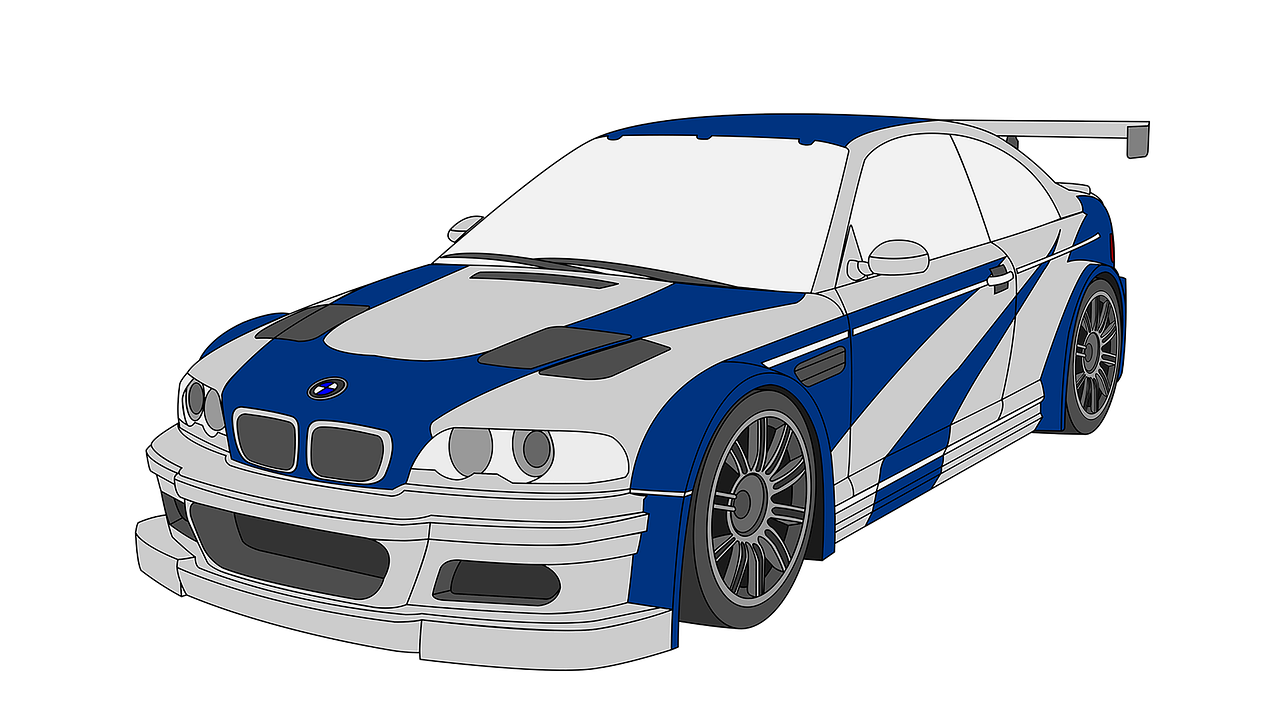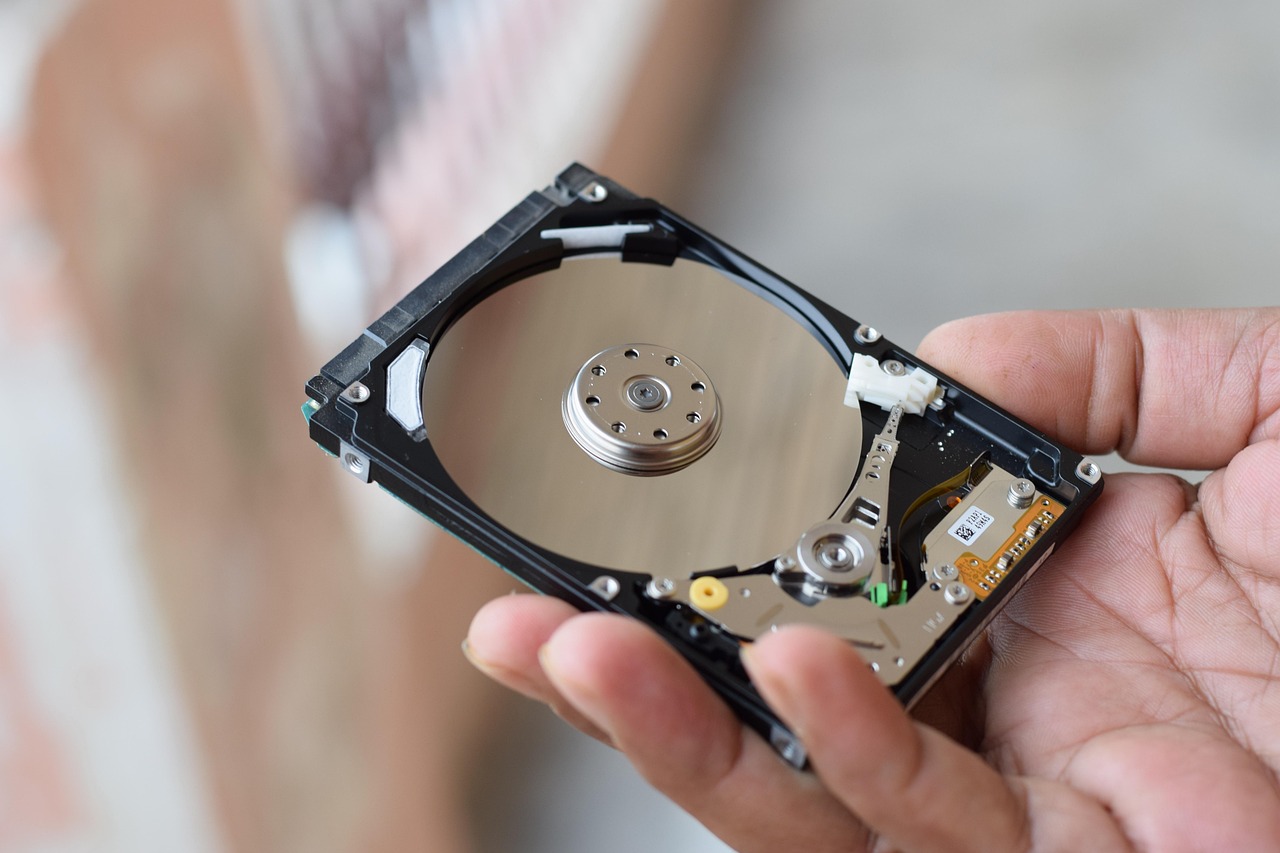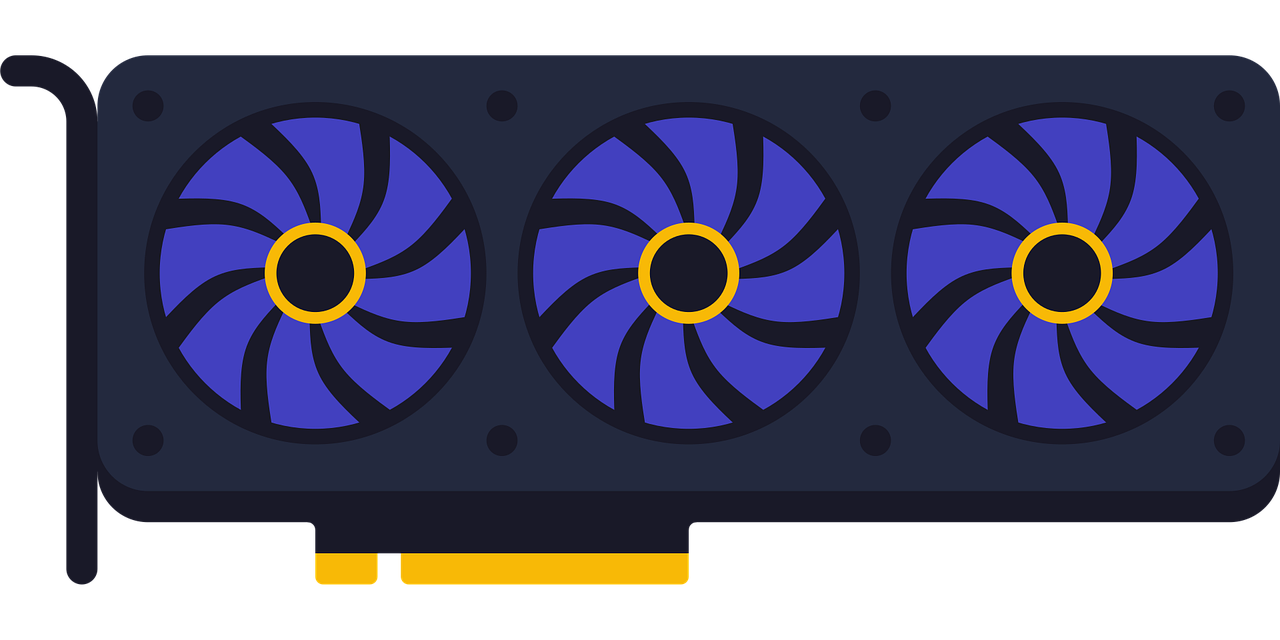When it comes to selecting storage for your PC, the choice between a Solid State Drive (SSD) and a Hard Disk Drive (HDD) can be overwhelming. Each option has its own set of advantages and disadvantages, making it essential to understand their key differences. This guide will help you navigate factors like storage capacity, speed, and cost to determine which option best suits your needs.
Understanding SSDs and HDDs
Before diving into the comparison, let’s briefly define what SSDs and HDDs are:
- SSD (Solid State Drive): A newer technology that uses flash memory to store data, resulting in faster access times and improved performance.
- HDD (Hard Disk Drive): A traditional storage device that uses spinning disks to read and write data, generally offering larger storage capacities at a lower cost.
Key Differences
- Speed: SSDs are significantly faster than HDDs, with quicker boot times and faster file transfers. If speed is a priority, SSDs are the way to go.
- Storage Capacity: HDDs typically offer larger storage capacities at a lower price point. If you need a lot of space for large files, an HDD may be more suitable.
- Cost: SSDs are generally more expensive per gigabyte compared to HDDs. If you are on a tight budget, an HDD might be the better option.
- Durability: SSDs have no moving parts, making them more resistant to physical shock and wear. HDDs, with their mechanical components, are more prone to failure.
When to Choose SSD
Consider choosing an SSD if:
- You require faster boot times and application loading.
- You work with large files regularly, such as video editing or gaming.
- You want a more durable and reliable storage solution.
When to Choose HDD
An HDD may be the right choice if:
- You need a lot of storage space without breaking the bank.
- You are storing files that do not require fast access, like documents and photos.
- You are looking for a cost-effective solution for backup storage.
In conclusion, both SSDs and HDDs have their unique strengths and weaknesses. By evaluating your storage needs based on speed, capacity, and cost, you can make an informed decision that best fits your requirements.



